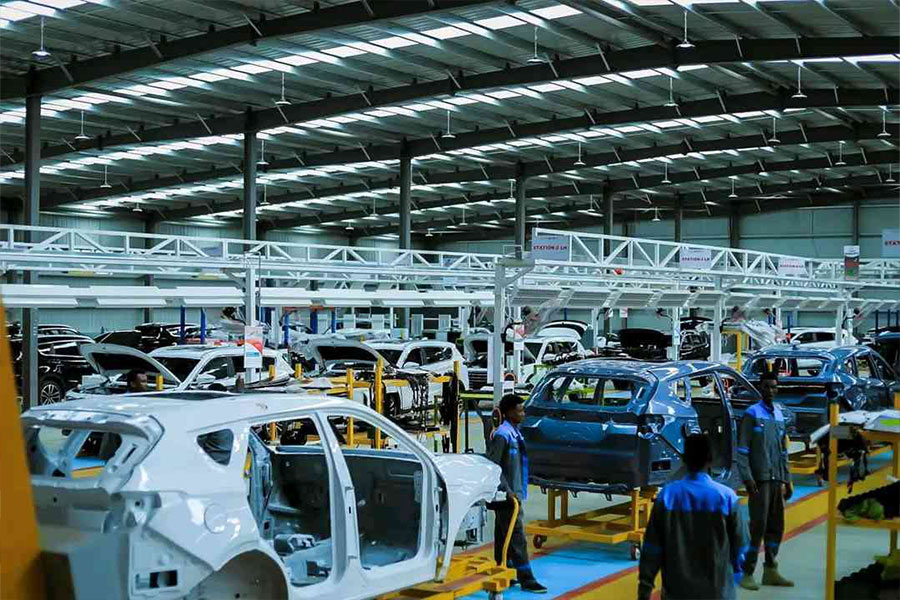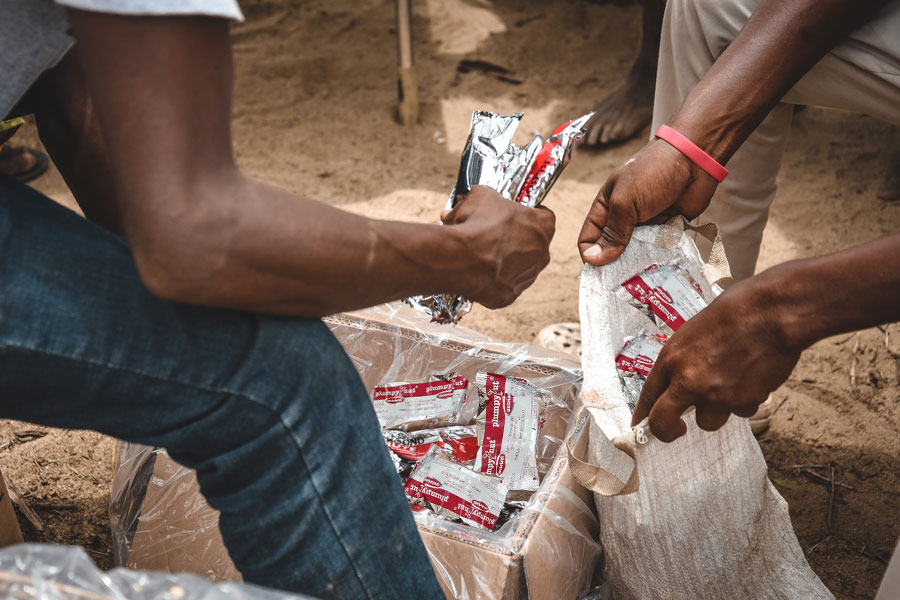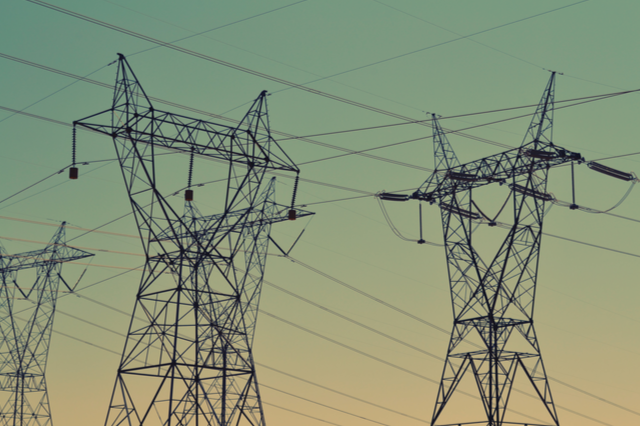
Equipment theft in the Southern regional state frustrates workers extending electric lines to neighbouring Kenya, undermining Ethiopia's ambition to generate foreign currency from electricity.
Ethiopia hopes to export electricity at 6.5 US cents for a kilowatt hour for the next five years, with a plan to renegotiate the tariff. After fully completing the GERD, the country edges close to exporting 5,000mw power to Kenya and Sudan. Supported by the African Development Bank, it exported electricity to Djibouti, generating over 90 million dollars last year.
International financial institutions provided 1.3 billion dollars to finance the Ethio-Kenya Electric Highway project. Ethiopia's share is 334.5 million dollars. The World Bank approved a 156.8 million dollar loan for Ethiopia and 284.5 million loans for Kenya 10 years ago. The project's construction, undertaken by the German-owned Simens and China Electric Power Equipment & Technology (CET), was completed two years ago.
After years of delay, the project was expected to start this month. It was launched a decade ago with a 1,067Km long transmission line stretching 204Km from a substation Sodo to Konso woreda and a 229Km long transmission line from Konso to the border with Kenya.
A couple of weeks ago, the Ethiopian Electric Power (EEP) announced that the project would begin after officials pledged to ensure security and control recurring thefts on power-carrying metal towers and optical ground fibre. Welayta and Gamo zones were identified as the hotspots of the robbery, with nearly 10tns of iron bars stolen. Darmalo in the Konso zone, Adeyu Liyu, Chencha, and Dersali weredas have seen their share of rampant thefts on towers.
The head of the infrastructure bureau in the zone, Fikru Firew, saw no decline in theft.
"It's not slowed down," Fikru told Fortune.
The ongoing theft undermining EEP's ambition to export electricity to Kenya has been confirmed by Geremew Wendmagegn, supervisor of Ethiopian Electric Utility (EEU) in the zone. Persistent theft is getting worse with inter-tribal conflict, where outlaws would cut out segments from transmission lines to sell them to locals as cloth hangers and handmade knives, Geremew disclosed. Metal scrape collectors buy them, too.
"We find transmission lines and polls looted when there is political tension in the area," Geremew told Fortune.
He estimates transmission lines worth nearly 20 million Br have been lost to theft.
Authorities focused on controlling the local illicit market filed lawsuits against the buyers; however, they could not recover the loss. Geremew recalled a case in which three farmers were arrested and subjected to pay 120,000 Br in fines to no avail.
A team led by Kibrom Kahsay, EEP's transmission line and station construction, met with leaders of the Gamo zone to resolve the issue. Local authorities have also gathered farmers to persuade them to cooperate in protecting the resources.
However, law enforcement in the area has yet to receive reports from locals on theft.
Officials from the EEP headquarters in the capital visited the region urging law enforcement to bolster security in the Mearab woreda and Wolita zone. They proposed to put the transmission line six meters high, but it did little to control the theft, according to Gebeyu Tsara, head of security in Gamo.
The Southern regional state is not the only place where transmission lines to Kenya have met with problems. Pastoralists in the Borena zone of the Oromia Regional State break insulators owing to a lack of awareness. The zone administration is trying to address the destruction, conducting long-term awareness forums on broadcasting and social media platforms, said Moges Mekonnen, communications head for EEP.
PUBLISHED ON
Nov 05,2022 [ VOL
23 , NO
1175]

Fortune News | Aug 26,2023

Radar | Feb 03,2024

Fortune News | Jul 21,2024

Radar | Oct 27,2024

Radar | Feb 23,2019

Dec 22 , 2024 . By TIZITA SHEWAFERAW
Charged with transforming colossal state-owned enterprises into modern and competitiv...

Aug 18 , 2024 . By AKSAH ITALO
Although predictable Yonas Zerihun's job in the ride-hailing service is not immune to...

Jul 28 , 2024 . By TIZITA SHEWAFERAW
Unhabitual, perhaps too many, Samuel Gebreyohannes, 38, used to occasionally enjoy a couple of beers at breakfast. However, he recently swit...

Jul 13 , 2024 . By AKSAH ITALO
Investors who rely on tractors, trucks, and field vehicles for commuting, transporting commodities, and f...

Oct 18 , 2025
The political establishment, notably the ruling party and its top brass, has become p...

Oct 11 , 2025
Ladislas Farago, a roving Associated Press (AP) correspondent, arrived in Ethiopia in...

Oct 4 , 2025
Eyob Tekalegn (PhD) had been in the Governor's chair for only weeks when, on Septembe...

Sep 27 , 2025
Four years into an experiment with “shock therapy” in education, the national moo...